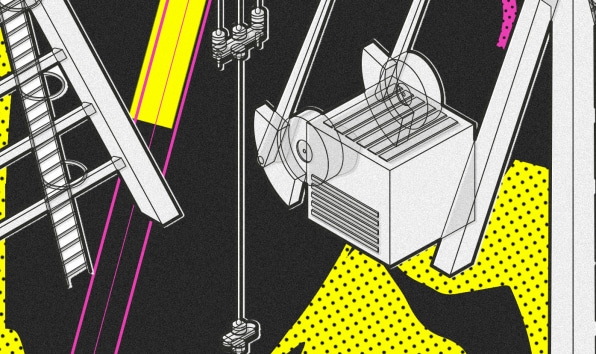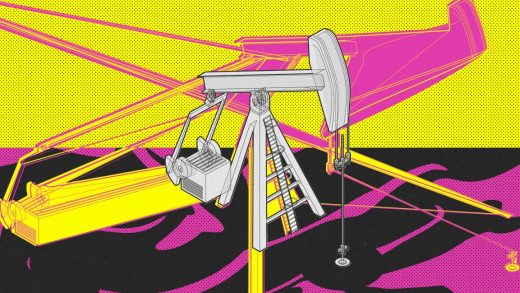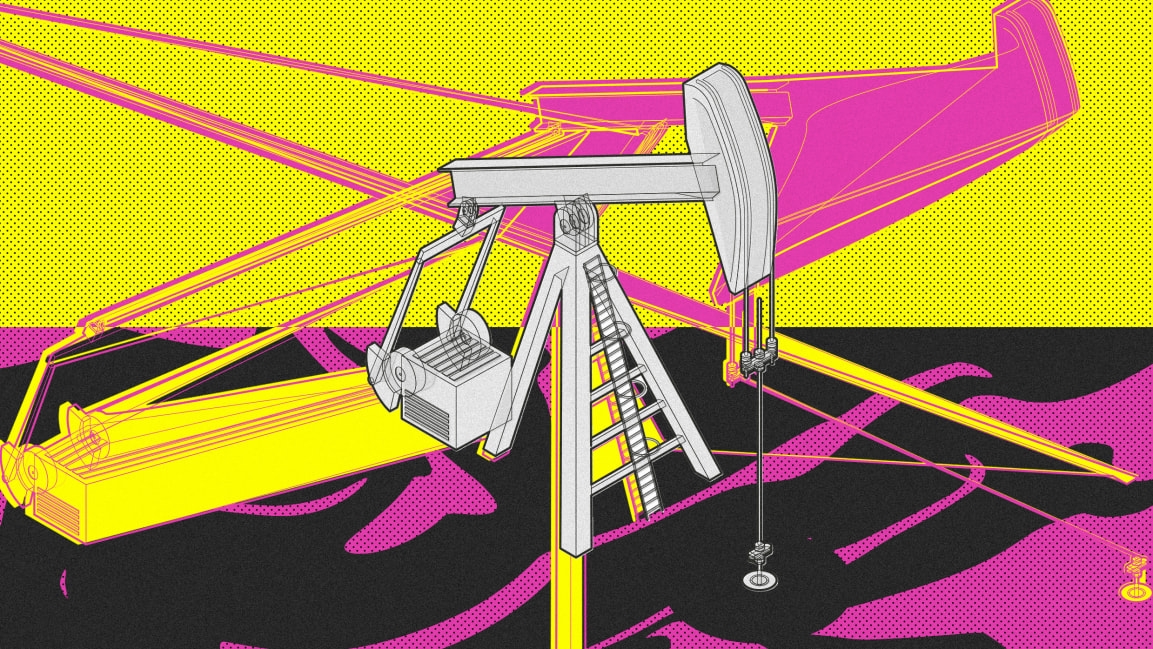Big Oil is cheap: Should the government take it over?
When the price of oil cratered because of the coronavirus crisis and a price war between Russia and Saudi Arabia, the Trump administration proposed spending $3 billion to fill up the U.S.’s strategic oil reserve and save the oil industry—a line item that didn’t make it in the Senate’s final stimulus bill, but that the administration plans to continue to pursue. Some environmentalists have a different suggestion: With the price of oil so low, the value of fossil fuel companies has also cratered, so the government could just take ownership of the reeling fossil fuel industry, dismantle it in a way that’s fair to workers and states, and help speed the necessary transition to a zero-carbon economy.
“The most effective course of action right now would be a public takeover of the major fossil fuel companies, with a plan to wind down their operations and create new ventures that would create millions of good green jobs and help combat the climate crisis,” Mitch Jones, the policy director of the nonprofit Food & Water Action, wrote in a statement on Wednesday.

The timing makes sense, says Carla Santos Skandier, the co-manager of the energy and climate program at the Democracy Collaborative, both because of the necessity of rapid climate action and the state of the industry. “Right now, it’s actually very cheap to buy them out,” she says. When the group ran the numbers in 2015, it would have cost more than $1.1 trillion to buy 25 coal, oil, and gas companies. Now, to buy out the entire sector would cost around $700 billion, she says. That’s for 100% ownership; the government could also spend less to take a 51% ownership and gain control.
The industry is at the point of collapse, even more than other parts of the economy. “Unfortunately, we are facing a global pandemic as well as a massive economic recession and perhaps a depression,” says Mark Paul, an assistant professor of economics and environmental studies at New College of Florida who is working with Skandier to study the issue. “We don’t know how bad the damage is going to be. On top of that, we’re also dealing with the fact that we’re in the midst of a climate crisis, and currently there’s an ongoing price war between Saudi Arabia and Russia that is rapidly eroding oil and gas. Because of that price war, what we’re seeing is that the majority of U.S. producers, most of which are shale producers, aren’t going to be able to continue with business as usual.”

Most fossil fuel projects that are underway will end up being unprofitable, he says, and parts of the industry will rapidly shut down. “I expect pretty massive layoffs in the sector—in the hundreds of thousands—quite quickly. So we know that there’s going to be a transition of the fossil fuel sector, A) because we need to do so in order to maintain a habitable planet, and B) because the market is simply crashing in fossil fuels, and that’s going to force major changes to the fossil fuel sector one way or another, whether folks want it to or not. So then the question kind of becomes, what do we do about it?”
The shale oil and gas industry has been struggling for a long time, as it spent vast sums of investors’ money without returning the expected profit. Some companies have already gone bankrupt. If others fail completely, or the pieces are purchased by private equity investors or hedge funds, workers and communities that depend on the industry will be left in the lurch. “We know that markets are really terrible at managed transitions,” Paul says. “What will happen is CEOs and stockholders might get bailed out, in some instances. Whereas workers and communities are really going to be left at the bottom of the coal ash pile.” A managed decline led by the government could ensure, if done correctly, that workers kept their pensions and healthcare benefits, and could be systematically retrained to go into other industries.

Other proposals, like a “green stimulus” plan that focuses on building out the green economy, miss the second part of the equation, he says. While the zero-carbon economy and new jobs expand, we also have to dismantle the existing fossil fuel industry. It’s also politically important; if fossil fuel companies survive, they’ll continue to invest in blocking new policies that are necessary for the climate. “You can only imagine that once Congress gets serious about decarbonization, the fossil fuel industry is going to be willing to spend basically everything it has to stop that,” Paul says. “And nationalization could just simply eliminate the fossil fuel lobby and allow us to actually decarbonize in a way that’s going to preserve a habitable planet.”
Fossil fuels are arguably overvalued even now, at rock bottom prices, because of the carbon bubble—the idea that fossil fuel reserves can’t be burned and stay within the limits dictated by climate science. But government buying these companies shouldn’t be seen as an investment. “Really we’re trying to buy out and dismantle an industry in the name of public good,” Paul says. Fossil fuel companies are incredibly cheap now. “The second thing is we have to really weigh this with the cost of inaction,” he says. “That’s basically incalculable at this point. What I mean by that is the cost of inaction is so high that really the government needs to do everything in its power to eliminate emissions.”
(6)



